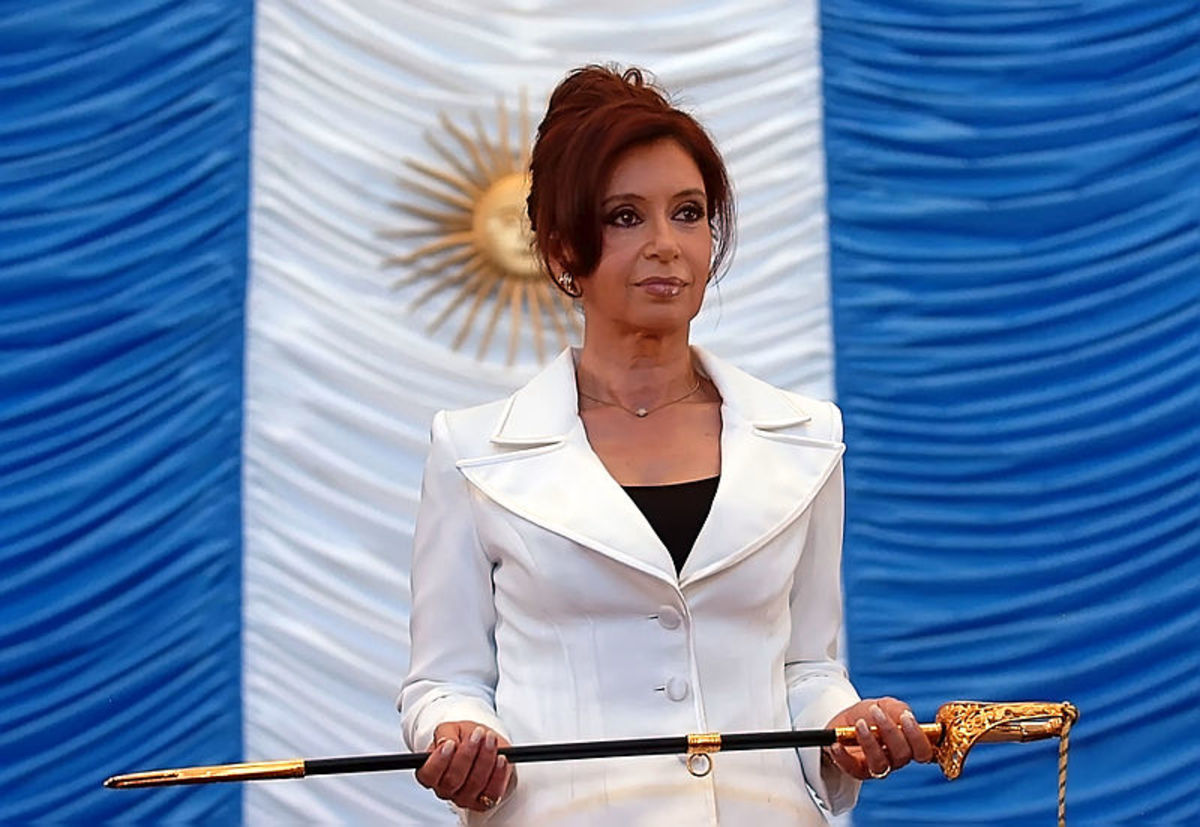
There is a paradox in Wall Street’s relationship with Argentina. On the one hand, in spite of the eight previous instances and much other available evidence, it always seems shocked—shocked!—that the country might stop paying its bills, and ever eager to believe that the most recent default will be the last. On the other, it always seems dead-set on forcing the country to return to its natural deadbeat state, most recently by rendering its best friend in the Casa Rosada ever—one of its own, in fact—both miserable and unreelectable, with a health dose of new debt it can’t possibly afford to pay back even under the best of circumstances.
And these, as you may have heard, are not the best of circumstances, and so once again Argentine creditors look on with ill-earned surprise as the eventuality essentially demanded by their actions once again leaves them holding unredeemable coupons and bonds whose face values have become a dark, grim joke.
The cash-strapped country officially entered into default on Friday after failing to make a $500 million interest payment on foreign debt…. The default is Argentina’s third this century as the government of nationalist President Alberto Fernández failed to reach a deal with bondholders to restructure about $65 billion in foreign debt. The debt includes bonds issued as part of previous restructurings after the country defaulted in 2001…. “Entering another default restarts the clock on another crisis cycle,” said Jimena Blanco, a Buenos Aires-based economist for consulting firm Verisk Maplecroft. “The outlook will become very negative, very quickly.”
Does it, Jimena?
Argentina’s debt default is unlikely to spark financial turbulence in Latin America…. The price of Argentina’s $4.25 billion due in 2028 has risen steadily on hopes of an agreement with creditors, trading at 32.50 cents on the dollar Friday from about 24 cents in early May, according to analytics service Advantage Data Inc.
As insane as all that may seem, there are good reasons for what counts as optimism vis-à-vis Argentina, which is to say that in spite of the fact that the woman who presided over the country’s last default is now vice president, her boss is not as eager as she for a prolonged and doomed slingshot battle with creditors, and he’ll be a bit harder to dislodge come the next election.
“Nobody involved in this process would be well served by a hard default,” said Hans Humes, the head of New York-based hedge fund Greylock Capital, a creditor involved in negotiations with Argentina, referring to a default resulting in lawsuits and no negotiations. Argentine debt is held by a variety of hedge funds and managers, including BlackRock Inc. and Pharo Management LLC…. “We want to start from a point where we redefine our commitments in ways that can be fulfilled, because we will fulfill them,” [Finance Minister Martín Guzmán] said in an interview….
Lowering Argentina’s debt burden has been a priority for Mr. Fernández, a member of the Peronist movement who took office in December. His popularity has surged because of the strict social-distancing measures that his administration implemented to contain the pandemic.
Argentina Defaults on Sovereign Debt Amid Coronavirus Crisis [WSJ]
One Country, Nine Defaults: Argentina Is Caught in a Vicious Cycle [Bloomberg]

